VA - African Pearls: Congo - Pont Sur Le Congo [2CD Set] (2009)
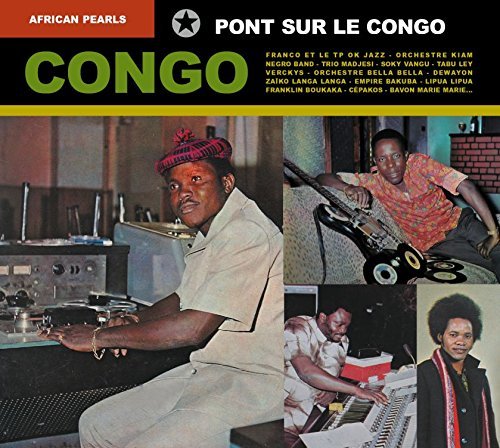
Artist: Various Artists
Title: African Pearls: Congo - Pont Sur Le Congo
Year Of Release: 2009
Label: Discograph [6147472]
Genre: World, Folk, Ethnic Jazz, Highlife, Afrobeat, Soukous, Rumba
Quality: CBR 320 kbps / FLAC (tracks +.cue,log)
Total Time: 2:34:57
Total Size: 367 mb / 695 mb
WebSite: Album Preview
Title: African Pearls: Congo - Pont Sur Le Congo
Year Of Release: 2009
Label: Discograph [6147472]
Genre: World, Folk, Ethnic Jazz, Highlife, Afrobeat, Soukous, Rumba
Quality: CBR 320 kbps / FLAC (tracks +.cue,log)
Total Time: 2:34:57
Total Size: 367 mb / 695 mb
WebSite: Album Preview
In the late 1940s, the combined influences of jazz and European and Cuban music resonated on both sides of the Congo River. Brazzaville and Leopoldville, now Kinshasa, vibrated with a newfound electric modernity. In 1960, the two Congos, Belgian and French, became independent and forged a common Congolese cultural identity, which first expressed itself through music.
Western productions like American rhythm’n’blues, British rock, and French pop also infiltrated the local musical customs. The natural fluidity of the Lingala language, a common Bantu language used on both banks of the Congo since the 19th century, allowed many artists to reach out to the largest possible number of people, Lingala being mainly an oral language. Kikongo, French and Spanish were also widely used in popular songs.
During the 1960s, both Congos experienced outrageous economic growth, resulting in a pleasure-seeking society. The epic competition between the African Jazz Orchestra and its different off-shoots, such as Dr Nico, Grand Kallé and Tabu Ley, and also between Franco’s OK Jazz Orchestraand Verckys’ productions, stimulated local creativity. Every one of these Congolese orchestras, from the popular to the most obscure, became dance machines.
Western productions like American rhythm’n’blues, British rock, and French pop also infiltrated the local musical customs. The natural fluidity of the Lingala language, a common Bantu language used on both banks of the Congo since the 19th century, allowed many artists to reach out to the largest possible number of people, Lingala being mainly an oral language. Kikongo, French and Spanish were also widely used in popular songs.
During the 1960s, both Congos experienced outrageous economic growth, resulting in a pleasure-seeking society. The epic competition between the African Jazz Orchestra and its different off-shoots, such as Dr Nico, Grand Kallé and Tabu Ley, and also between Franco’s OK Jazz Orchestraand Verckys’ productions, stimulated local creativity. Every one of these Congolese orchestras, from the popular to the most obscure, became dance machines.
::TRACKLISTING::
Disc: 1
1. Kamikl / Orchestre Kiam
2. Niama Ya Zamba / Dewayon
3. Jaria / Grands Maquisards
4. Koue kouel Ebony Aboyl Ngai / Franco & l'OK Jazz
5. Tangana / Dewayon
6. Mwana Mburu 002 / Verckys
7. Losa / Orchestre Lipua Lipua
8. Photo Ya Majesi / Trio Madjesl
9. Zamba / Sokl Vangu
10. Kouka Badian'teseke / Cepakos
11. Menga / Soki Vangu
Disc: 2
1. Kanu / Empire Bakuba
2. Ya Limbisa Bijou / Bavon Marie Marie
3. Sola / Orchestre Bella Bella
4. Nakoko / Franklin Boukaka
5. Regina / OK Jazz
6. Camiya / Cepakos
7. Dialogue / Tabu Ley
8. Mokill Ekonl Ngana / Negro Band
9. Ya Nini / Verckys
10. Canchita / Docteur Nico & African Fiesta Sukisa
11. Pambi Doni / Soki Vangu
12. Maloukoula / Sinza Kotoko
13. Vie Ya Mossolo / Zaiko Langa Langa
![Dela Hüttner’s SwingThing - Pause for a moment (2026) [Hi-Res] Dela Hüttner’s SwingThing - Pause for a moment (2026) [Hi-Res]](https://www.dibpic.com/uploads/posts/2026-02/1770561049_cover.jpg)
![Gianluigi Trovesi - Cinque piccole storie (2026) [Hi-Res] Gianluigi Trovesi - Cinque piccole storie (2026) [Hi-Res]](https://img.israbox.com/img/2026-02/06/04dun4qdctri61rqigv8tm2is.jpg)
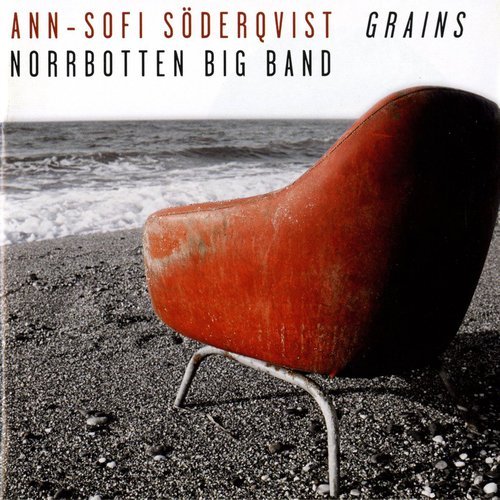
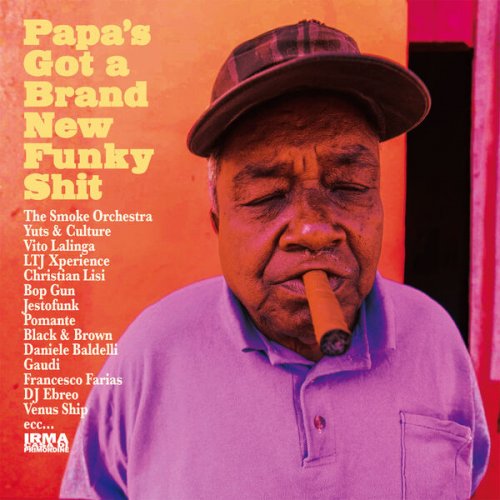
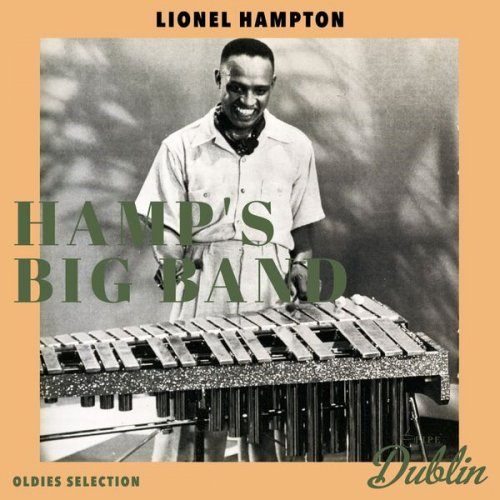
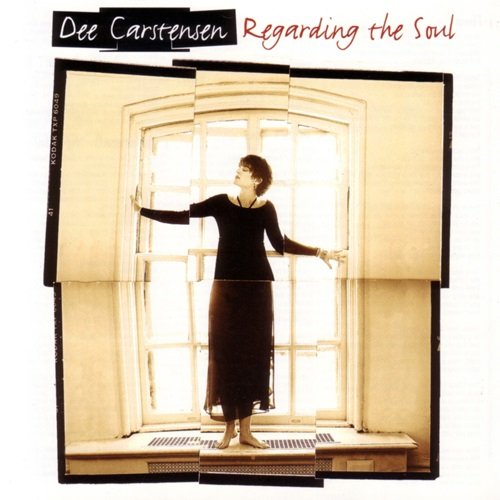
![Victoria Alexanyan - VISHAP (2026) [Hi-Res] Victoria Alexanyan - VISHAP (2026) [Hi-Res]](https://img.israbox.com/img/2026-02/06/fp18m8tfhi28on3z9gks3ab7v.jpg)
![Dave Liebman, Billy Hart & Adam Rudolph - Beingness (2026) [Hi-Res] Dave Liebman, Billy Hart & Adam Rudolph - Beingness (2026) [Hi-Res]](https://www.dibpic.com/uploads/posts/2026-02/1770210118_oyk954khn2fqv_600.jpg)
![Angelo Moore - The Medicine Cabinet (2026) [Hi-Res] Angelo Moore - The Medicine Cabinet (2026) [Hi-Res]](https://www.dibpic.com/uploads/posts/2026-02/1770633721_61lemna6xtl.jpg)